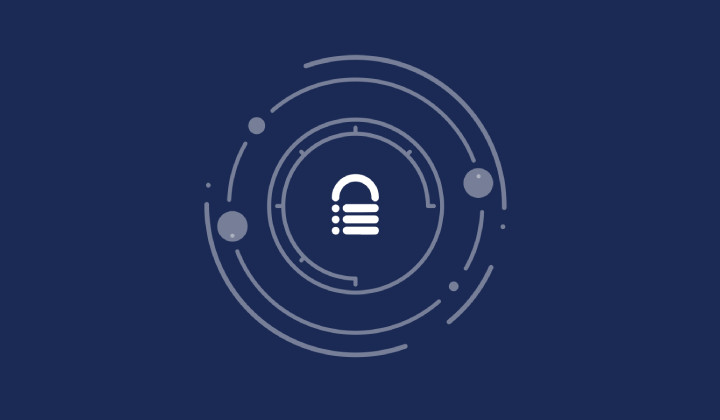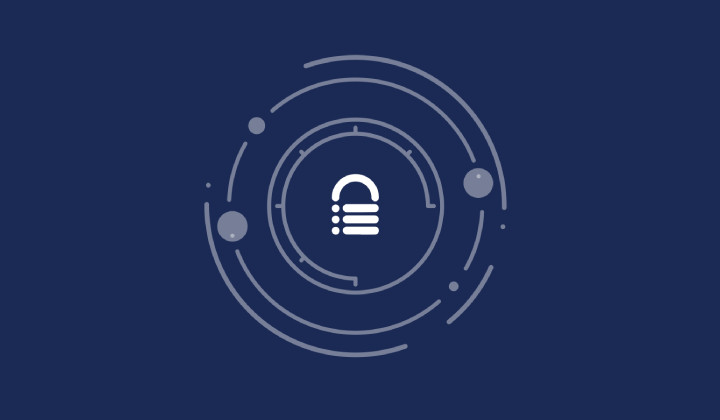MalCare’s New Firewall XSS Rules
by
7-layers of Security for Your WordPress Site
Your website needs the most comprehensive security to protect it from the constant attacks it faces everyday.

Of late, XSS attacks have become increasingly complex, using JavaScript functions to compromise websites. Such vulnerabilities can lead to severe consequences, including unauthorized admin creation and the installation of malware. Sites can be entirely taken over with a single attack request.
Our research and analysis revealed a troubling trend: the methods employed by attackers are not just varied but are becoming more inventive. For example, attackers have been known to execute payloads that interact with XMLHttpRequest (XHR) or employ the fetch function to upload and activate custom malicious plugins.
Traditional security measures just cannot cut it any longer. Websites will become increasingly vulnerable to hackers if swift, proactive defenses aren’t created.
The new firewall rules are not tied to—or in response to—any single vulnerability. The old approach of virtual patching is reactive and unsustainable. In effect, it allows hackers to dictate changes in security innovation. With MalCare, we are breaking this pattern.
MalCare’s proactive approach
After a thorough analysis of the threat landscape, we have revamped the XSS rules for MalCare’s firewall. By conducting an in-depth analysis of potentially malicious JavaScript uses, our rules are engineered to successfully block these sophisticated XSS attacks more effectively.
Ensure broad-spectrum defense
Our rules are designed to block complex XSS attacks, including those involving headers, paths, and keys. This comprehensive approach ensures your website is protected against a vast array of XSS vulnerabilities.
Employ generic yet potent defense
Although our updated rules are generic, they’re robust and highly effective. They’re crafted to safeguard WordPress sites from XSS attacks.
No false positives
One of the highlights of our updated rules is their precision. We’ve designed them to be extremely effective in blocking only real threats, ensuring your website’s operations remain smooth and uninterrupted.
The examples we’ve studied—from the creation of unauthorized admin users to the activation of malicious plugins—highlight the critical need for advanced security measures. With these improved firewall rules, MalCare is not just responding to the current threats but also anticipating future vulnerabilities.
Our commitment to Atomic Security principles has allowed us to proactively devise strategies that not just combat but stay ahead of sophisticated cyber threats. For MalCare users, these improvements are more than just updates; they symbolize peace of mind, knowing your site is guarded against some of the most cunning XSS attacks out there.
Category:
Share it:
You may also like

MalCare Ensures Unmatched Protection Against User Registration Privilege Escalation Vulnerability
Imagine discovering that your WordPress site, which should be secure and under strict control, has suddenly become accessible to unauthorized users who have the same administrative powers as you. This…

MalCare Ensures Proactive Protection Against WP-Members XSS Vulnerability
MalCare continues to protect its customer sites from all kinds of attacks, even the ones exploiting zero-day vulnerabilities. The recent stored cross-site scripting (XSS) vulnerability found in the WP-Members Membership…
![Top 9 ManageWP Alternatives To Manage Multiple Sites Easily [Reviewed]](https://www.malcare.com/wp-content/uploads/2022/12/malcare-default-image.jpeg)
Top 9 ManageWP Alternatives To Manage Multiple Sites Easily [Reviewed]
ManageWP is a popular name in the WordPress maintenance plugins market. People love how much you get for a free plan, how easy it is to set up, and how…
How can we help you?
If you’re worried that your website has been hacked, MalCare can help you quickly fix the issue and secure your site to prevent future hacks.

My site is hacked – Help me clean it
Clean your site with MalCare’s AntiVirus solution within minutes. It will remove all malware from your complete site. Guaranteed.

Secure my WordPress Site from hackers
MalCare’s 7-Layer Security Offers Complete Protection for Your Website. 300,000+ Websites Trust MalCare for Total Defence from Attacks.








